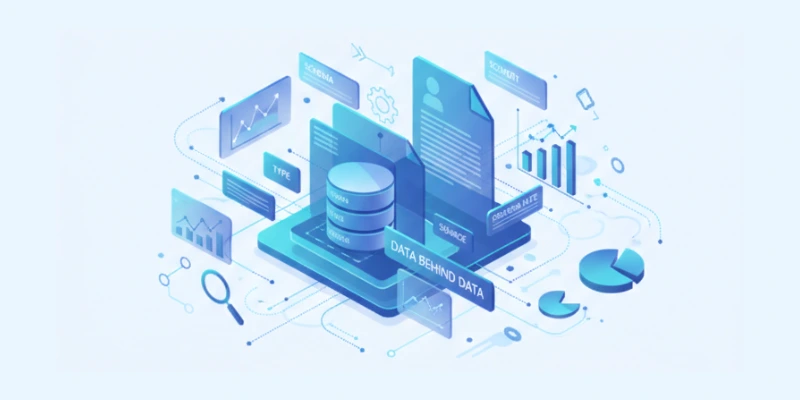
Metadata is a fundamental concept in data analytics because it explains what data means, where it comes from, how it is structured, and how it should be used. In basic terms, metadata refers to data that provides details about other data.
It acts as a guide that helps analysts, systems, and organizations understand the context and purpose of the data they work with. For those looking to build expertise, enrolling in a Data Analyst Course in Mumbai at FITA Academy can provide practical knowledge on metadata and its applications. Without metadata, even high quality data can lose value because its meaning becomes unclear.
What is Metadata
Metadata is descriptive information that explains the characteristics of a dataset. It can describe the content of the data, the format of the data, and the rules used to create or maintain the data. Think of metadata as a label that tells you what the data represents and how to interpret it. This label can be simple, such as the title of a file, or detailed, such as information about the creator, date of creation, method of collection, and structure of the dataset.
Types of Metadata
There are several types of metadata that play different roles in data analytics. Descriptive metadata explains the content of the data. It includes titles, keywords, tags, and summaries. Structural metadata describes how data is organized. It includes information about tables, fields, relationships, and formats. Administrative metadata provides technical details such as permissions, file size, creation date, and usage rights.
Each type supports a different aspect of understanding and managing data. For learners looking to gain hands-on experience, taking a Data Analytics Course in Kolkata can provide practical training on how to work effectively with all types of metadata. Together, these metadata types offer a complete picture of what the data represents and how it should be used.
Why Metadata Matters in Data Analytics
Metadata is essential because it increases the usability and accuracy of data. When analysts know the meaning and structure of a dataset, they can work with greater confidence. Metadata also supports data governance by making it easier to track ownership, standards, and compliance requirements. In addition, metadata helps reduce errors, since analysts are less likely to misinterpret values or mix different versions of a dataset. Strong metadata practices also improve discovery because users can locate relevant data quickly through clear descriptions and consistent labels.
Examples of Metadata in Everyday Use
Metadata appears in many familiar places. When you take a photo on your phone, details such as date, location, resolution, and camera settings are stored as metadata. In spreadsheets, column names act as metadata because they describe the meaning of the data beneath them. In websites, titles and descriptions help search engines understand page content. These examples show how metadata adds clarity to the information we use daily and how it supports better navigation, analysis, and organization.
A strong understanding of metadata is valuable not only for data professionals but also for students who aim to build analytical skills. Many programs at a Business School in Chennai emphasize the importance of data clarity and proper documentation because these skills support confident decision making. By learning how metadata adds meaning and structure to raw information, students can approach real world business challenges with greater accuracy and insight.
How Metadata Supports Better Decision Making
Accurate metadata helps teams make informed and consistent decisions. When data is clearly documented, analysts can compare datasets, spot trends, and verify results more easily. Metadata also supports collaboration because team members share a common understanding of the data. With reliable context, businesses can trust their insights and make strategic choices based on accurate interpretation.
Metadata is a vital foundation for effective data analytics. It provides meaning, structure, and context, which helps analysts and organizations understand the data they rely on. Taking a Data Analytics Course in Delhi can help learners improve their skills by giving them hands-on experience with how to manage and use metadata successfully. By recognizing the importance of metadata and applying strong metadata practices, teams can improve data quality, enhance analysis, and support clearer decision making.
Also check: The Role of Data Analytics in Business Decision-Making